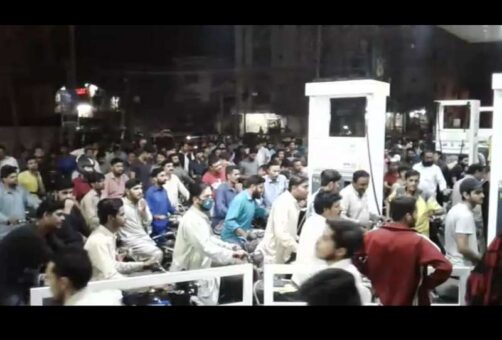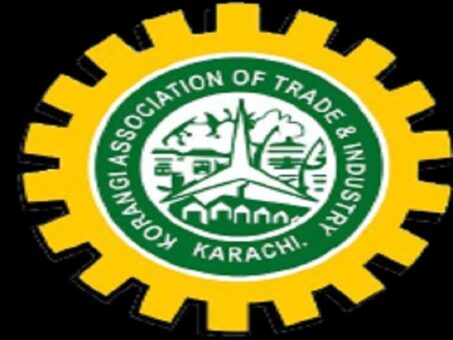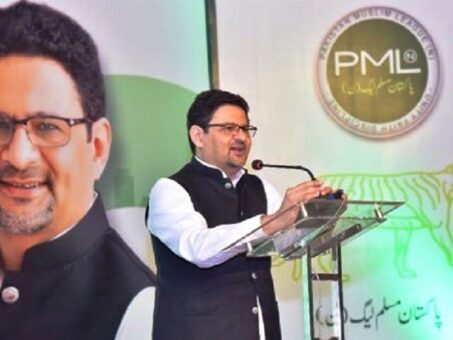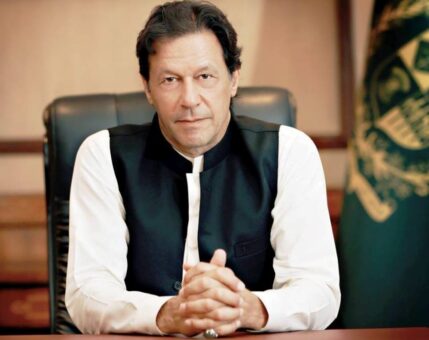ISLAMABAD: Pakistan is likely to increase prices of petroleum products from September 01, 2022 due to expected imposition of sales tax and petroleum levy.
Besides, international oil prices are also seeing upward movement, sources said on Friday.
The federal government will announce the revised prices of petroleum products on August 31, 2022 for next fortnight effective from September 01, 2022.
Previously, the federal government on August 15, 2022 and revised upward the rate of petrol effective from August 16, 2022.
READ MORE: New petroleum prices in Pakistan from August 16, 2022
According to the sources the government had kept the sales tax rate at zero per cent on petroleum products. The prevailing normal sales tax rate is 17 per cent. If the government implements the normal sales tax rate then the prices of petroleum products will witness massive rise.
The finance division issued following new prices effective from August 16, 2022:
The price of petrol was increased by Rs6.72 per liter to Rs233.91 from Rs227.19.
The rate of high speed diesel (HSD) was nominally reduced by 51 paisas to Rs244.44 from Rs244.95.
The price of kerosene oil decreased by Rs1.67 to Rs199.40 from Rs201.07.
The rate of light diesel oil (LDO) was nominally enhanced by 43 paisas to Rs191.75 from Rs191.32.
A press release issued by the finance division stated that in the wake of fluctuations in petroleum prices in the international market and exchange rate variation, the government had decided to revise the existing prices of petroleum products to pass on the impact to the consumers.
READ MORE: New petroleum prices in Pakistan from August 1, 2022
It is important to note that the government revised the prices in the wake of falling international oil prices and massive recovery in rupee value.
The sources said that the government is striving to get loans under the Extended Fund Facility (EFF) from the International Monetary Fund (IMF). Almost all the conditions have been met and the government is hoping the executive board of the IMF would release an amount of $1.17 billion through an approval at a meeting scheduled for August 29, 2022.
The sources said that the government would impose sales tax on petroleum products in order to fulfill requirements under the IMF program.
Pakistan is a net importer of petroleum products so huge foreign exchange is required for paying against foreign purchases and meeting local demand.
READ MORE: New petroleum prices in Pakistan from July 15, 2022
The country has spent a staggering amount of $23.32 billion for the import of petroleum group during fiscal year 2021/2022 as compared with $11.36 billion in preceding year, showing a growth of 105 per cent. The import of finished products recorded an increase of 134 per cent to $12.07 billion during the fiscal year 2021/2022 as compared with $5.16 billion in the preceding fiscal year.
The benchmark Brent crude is about $100 dollars. Brent crude futures were at $97.40 per barrel in New York trade on August 10, 2022.
The present government had started increasing the petroleum prices on May 26, 2022 when the benchmark Brent Oil was at $112 per barrel.
Considering the price slump of international oil, the government had reduced the prices of petroleum products from July 15 to July 31. However experts believed it was a political decision as the government had to increase petroleum levy and apply sales tax.
READ MORE: New prices of petroleum products in Pakistan from July 01, 2022
The previous government of PTI had kept both the petroleum levy and sales tax at zero in order to provide relief to the masses. The PTI government also provided a huge subsidy on prices of petroleum products in order to lower the rates and provide relief to the masses.
However, former Prime Minister Imran Khan was removed through a vote of no-confidence motion on April 10, 2022. Since then the new coalition government led by PML-N increased the prices of petroleum products sharply on three different occasions.
The present government in the budget estimated to collect Rs855 billion as petroleum levy during the fiscal year 2022/2023. As this fiscal year is starting from July 01, 2022, it is likely that the government will opt to impose the levy from this date.





